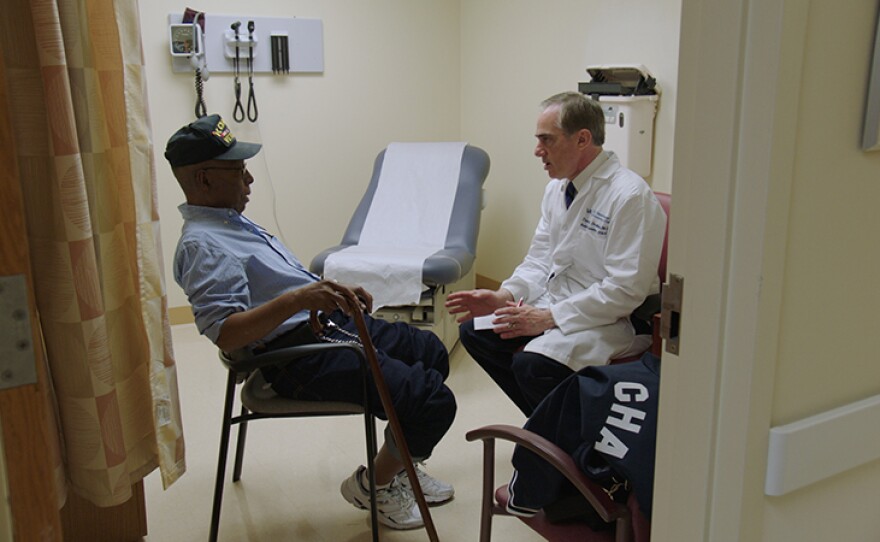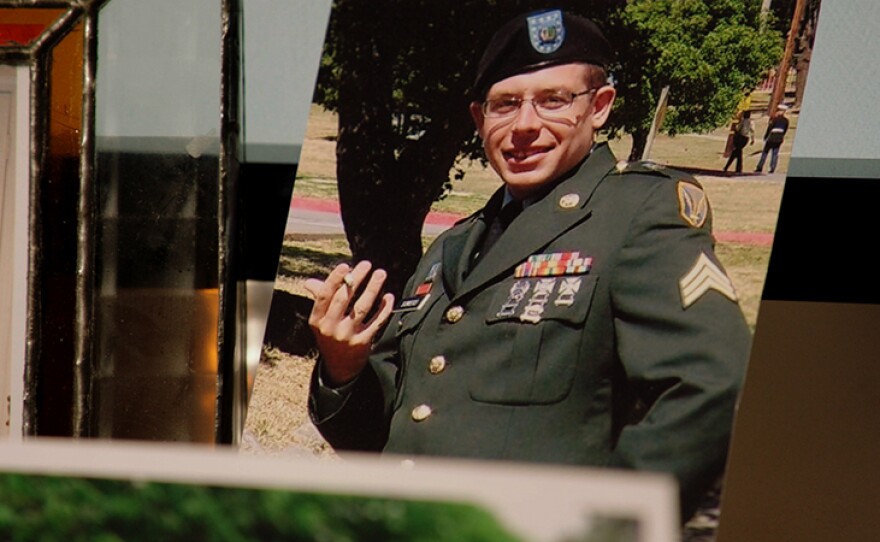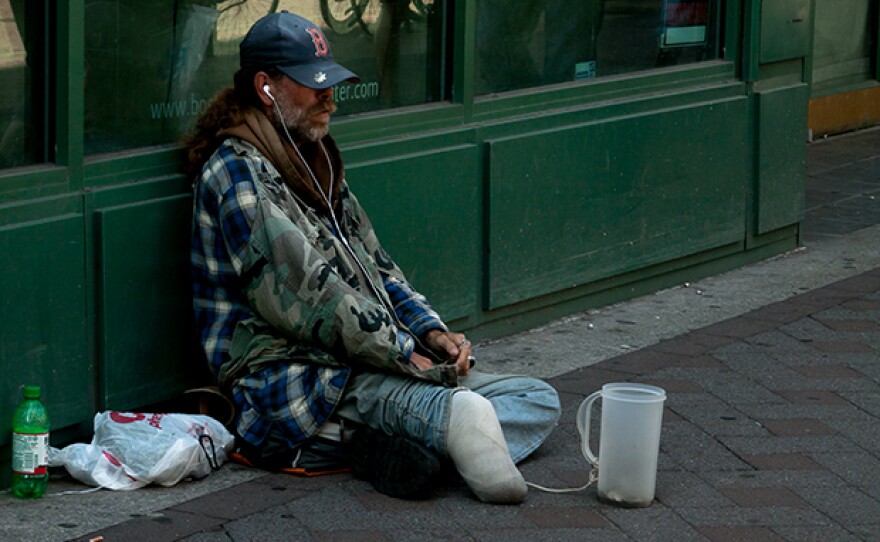—Film Focuses on the History, Failures and Successes of the Veterans Administration—
“VA: The Human Cost Of War” is an examination of the United States Department of Veteran Affairs from its inception to the current day and explores its successes, its role in healthcare in America, its massive failures — due to corruption, policy and funding — in properly caring for veterans upon their return from war, and the need for major reform of the system.
Official Trailer
"Explore the history of the Department of Veterans Affairs
This film takes a macroscopic look at the Veterans Administration (as the Department of Veterans Affairs is commonly known), examining the department’s history from the troubled beginnings as the Veterans Bureau of the 1920s to the modern VA system.

The one-hour film chronicles, in depth and often wrenching detail, the workings of this crucial but at times beleaguered American institution:
- Exploring what it does and how it functions, its vast size and critical importance
- Its history and provenance — how and why it came into existence
- How and why it has changed over time
- How it has come to be broken in critical ways in recent generations
- How it may be reformed going forward
Scott Davis on the 2015 OIG Report
"Scott Davis
Through personal stories from veterans, intertwined with deep historical and political analysis from leading scholars and policy-makers, the documentary explores the social contract between veterans and society, exposing the endless cycle of bureaucracy, apathy and underfunding that has directly contributed to the harrowing rate at which veterans commit suicide in the U.S. - 20 per day, or about one per hour.

"VA: The Human Cost Of War" is an unflinching portrait of the realities of life after the battlefield and the unseen psychological toll war takes.
Beto O’Rourke Hosts a Town Hall for Veterans
"Beto O’Rourke
The film features insightful interviews with some of the country’s leading scholars on the history of the VA, policymakers and veterans in the system, including:
- Dr. David J. Shulkin, U.S. Secretary of the Department of Veterans Affairs
- Robert A. McDonald, former U.S. Secretary of the Department of Veterans Affairs
- Beto O’Rourke, U.S. Representative, Texas’s 16th District and member of the House Committee on Veterans’ Affairs
- Disabled veteran Max Cleland, Captain U.S. Army, Ret., Administrator, U.S. Veterans Administrator 1977-1981, and Senator, Georgia 1997-2003
- Paul Rieckhoff, First Lieutenant U.S. Army, Ret., founder and CEO of IAVA (Iraq and Afghanistan Veterans of America)
- Seth Moulton, Officer Marine Corps, Ret., and U.S. Representative, Massachusetts’ 6th District
- Jeff Miller, former U.S. Representative, Florida’s 1st District and former Chairman of the House Committee of Veterans’ Affairs
- David Philipps, award-winning New York Times national correspondent and author;
- Linda J. Bilmes, Daniel Patrick Moynihan Senior Lecturer in Public Policy, Harvard University
- Colin Moore, Director, Public Policy Center, University of Hawaii
- Scott Davis, Program Specialist, VA National Health Eligibility Center, Atlanta
- Carlos Villasenor, Sergeant Marine Corps, Ret., and his wife, Norma Villasenor
- Anu Bhagwati, Captain Marine Corps, Ret.
- Kash Alvaro, veteran who received a “less than honorable” discharge
- Jean and Howard Somers, parents of Daniel Somers, a retired Army Intelligence Officer who served several tours during Operation Iraqi Freedom and committed suicide on June 10, 2013, after a number of adverse interactions with the VA
Carlos Villasenor’s Experience With the VA
"Carlos Villasenor
"VA: The Human Cost Of War" is part of the PBS Stories of Service, a multi-platform initiative that unites powerful stories and conversations around one of our country’s most resilient communities: our military veterans.
FILMMAKER QUOTES:
“The film illustrates the true cost of war through the enormous sacrifices and subsequent neglect of those who serve in our armed forces,” said Lois Pope, executive producer. “Ultimately, the documentary poses numerous questions society must consider, most notably: ‘What do we owe our veterans?’ From policy-makers to the average citizens, we tend to pay a lot of lip service to how much we appreciate our veterans and how they deserve our honor and respect.. “But as we have far too often seen in recent years, there has been an abundance of negligence when it comes to ensuring their care and well-being. This film is meant to raise awareness and create an open, candid dialogue addressing this situation.”
Filmmaker Ric Burns echoed these sentiments, adding that “the ambition of the film is to shed light on one of the most misunderstood organizations in the U.S. This film is an attempt to provide the public with more background about the institution behind the headlines — the VA and its policies, work, successes and failures — and begin a dialogue about what we owe our veterans when they leave the service.”
He noted, for example, that the VA is the second-largest government agency and the second-largest part of the federal budget. It trains 70 percent of the doctors and the overwhelming majority of nurses in the U.S.; has nine million veterans and counting in its system; and has spearheaded the development of some of the most innovative medical treatments in the country, “yet few know what it is and how it works.”
“This film is a part of PBS’ commitment to bringing viewers impactful stories and conversations around our U.S. military,” said Bill Gardner, Vice President, Programming and Development, PBS. “Timed to Veterans Day, we hope 'VA: The Human Cost Of War' provides our audiences from across PBS stations with a deeper understanding of the challenges our service men and women face when returning home from war.”
WATCH ON YOUR SCHEDULE:
This film is available to stream on demand through Dec. 4, 2017.
CREDITS:
Produced by LP Life Productions and Steeplechase Films. Directed by six-time Emmy Award-winning filmmaker Ric Burns and executive produced by Lois Pope.





